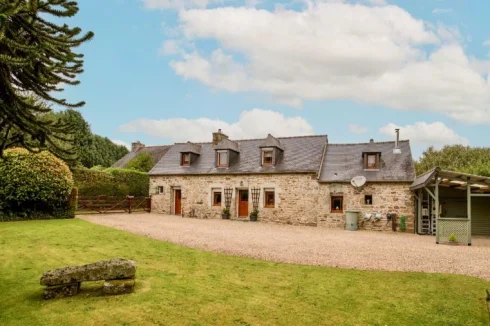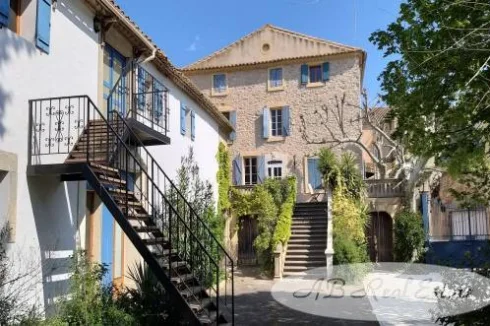Cracks Appear in Property Surveys
Tuesday 17 November 2009
Together they are referred to as the Dossier de Diagnostic Technique (DTT).
The DTT is most definitely not a full building condition survey, so buyers need to be aware of the limitation of these surveys.
In the last few years a whole new profession of technicians has been created out of the new legislation on the surveys, but as a recent report from the Institut National de la Consommation (INC) points out, they may well be ‘experts’ but they are certainly not all ‘professional’.
In order to test the competence of the industry the INC asked sixteen different survey companies to undertake surveys on two properties - a city apartment and a small property in the countryside.
Test Results
In only two cases were the surveys considered to have been carried out satisfactorily.
In all other cases the surveys were deficient in one or more respects.
The most frequent lapses occurred in relation to the asbestos survey, where none of the technicians properly carried out a survey, or correctly completed the documentation.
In one case an asbestos survey report was undertaken uncessarily, for had they checked with the owner they would have established that the previous one remained valid!
Seven reports gave gas emission readings that were incorrect, and they each either under or over estimated the level of the energy efficiency of the property.
In only three cases was the electrics survey carried out satisfactorily, with technicians not providing a proper description of the electrical system, and others with a lack of coherence between what they described and the anomalies that were found. Half of the technicians found defects that were false.
A survey for termites was only carried out on the country property, with results that were broadly satisfactory, although not all of the rooms in the property were fully examined.
The report points out that not all of the errors and omissions were serious, but the lack of consistency in approach needed to be addressed.
In particular, there was a need for greater methodological rigour, exemplified in the contrasting effort put into the surveys by the different companies.
Some companies send two technicians to undertake the surveys, while others only one technician.
The time taken to carry the surveys also varied considerably. Even though two technicians were present the times varied from 50 minutes to 2 hours.
The worst example was a survey carried out in 20 minutes by a single technician, albeit they were also the lowest price.
Price Differences
The study also revealed the sharp differences in the prices charged by the various companies in France.
In relation to the small country property, the prices varied from between €220 at the lowest end to €635 for the most expensive company.
The variation in prices was little better for the apartment, ranging from €285 to €580.
There was not always a correlation between the price paid and the standard of the survey, although in the case of the country property the most expensive survey proved to also be the most reliable.
That said, the company that offered the second most expensive price on this property also provided the worst survey reports.
So What do You Do?
It is of course difficult to ensure you engage a company that is competent in this process.
A buyer who found problems with the property that had not been shown in a survey report would be entitled to bring an action against the owner, who would then need to bring their own action against the company for professional negligence.
If you do engage a survey technician to undertake the DTT, you need to ensure you engage a professionally certified and insured company.
All technicians are legally obliged to be certified through an accredited body of 'Cofrac' the national accreditation agency.
However, there are a number of different organisations that can offer professional certification, so a single common measure of identification is not easy to obtain.
Those organisations accredited by Cofrac to provide the professional qualification for one or more of the surveys include Afnor, Apave, Bureau Veritas, Certigaz, Dekra, FCBA, Ginger Cated, SGC ICS, and Socotec.
Accordingly, you need to ask the technician for sight of their certificate for each of the survey reports they propose to undertake, together with confirmation of their professional indemnity insurance policy.
You should also be careful about automatically accepting a recommendation from your estate agent as to whom to use. The government have announced that they are to soon make unlawful the payment of commissions between agents and the survey companies and technicians.
The professional association of French agents, FNAIM, has been campaigning for a tightening of the rules on the relationship between agents and survey companies since the introduction of the DTT.
You can read more in our guide to French Property Surveys
Thank you for showing an interest in our News section.
Our News section is no longer being published although our catalogue of articles remains in place.
If you found our News useful, please have a look at France Insider, our subscription based News service with in-depth analysis, or our authoritative Guides to France.
If you require advice and assistance with the purchase of French property and moving to France, then take a look at the France Insider Property Clinic.





